IVF in Mexico: Your Path to Parenthood
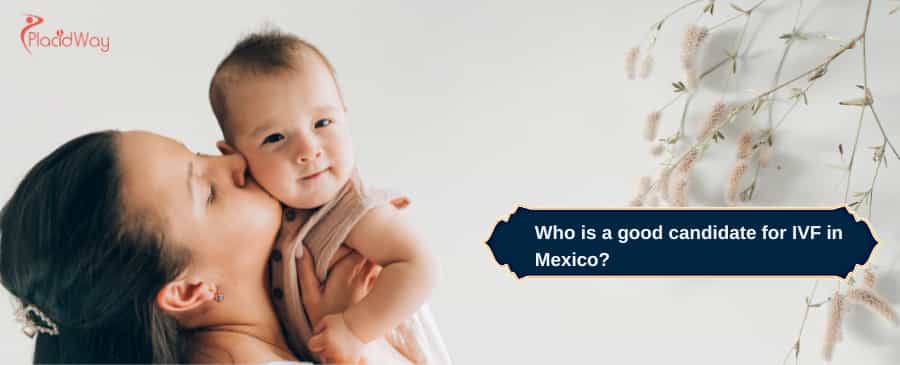
Infertility can be a challenging journey, and for many, In Vitro Fertilization (IVF) offers a path to parenthood. Mexico has become a prominent destination for IVF treatment due to its advanced clinics, experienced specialists, and more accessible laws and costs compared to many other countries. But who exactly is a good candidate for IVF in Mexico? This comprehensive guide aims to answer all your pressing questions, providing clear, concise information followed by detailed explanations to help you make an informed decision.
What are the general criteria for IVF candidacy?
"Generally, good candidates for IVF are individuals or couples who have struggled to conceive naturally due to various fertility issues, including but not limited to ovulation problems, blocked fallopian tubes, male factor infertility, or unexplained infertility."
IVF (In Vitro Fertilization) is a complex but highly effective assisted reproductive technology. It involves fertilizing an egg with sperm outside the body in a laboratory setting, and then transferring the resulting embryo into the uterus. The ideal candidate typically has exhausted other, less invasive fertility treatments like intrauterine insemination (IUI) without success. Overall good health is also a key factor, as the process can be physically and emotionally demanding. Clinics in Mexico are often more inclusive, providing options for a wider range of patients than in some other countries.
Is there an age limit for IVF in Mexico?
"While there are no strict national age limits for IVF in Mexico, most clinics typically treat women up to the age of 50, with some considering older patients based on individual health and specific circumstances, especially with the use of donor eggs."
Mexico's more flexible regulations regarding IVF age limits are a significant draw for many international patients. Unlike some countries with strict cut-offs, Mexican clinics often assess candidacy on a case-by-case basis, focusing on a woman's overall health and ovarian reserve rather than just her chronological age. For women over 40, especially those over 45, using donor eggs can significantly increase the chances of success, and this is a widely accepted and practiced option in Mexico. Clinics will conduct thorough medical evaluations to ensure a patient is medically fit for pregnancy and can safely carry a baby to term, regardless of age.
Who can benefit from IVF due to female infertility factors?
"Women with conditions such as ovulation problems, blocked or damaged fallopian tubes, endometriosis, or Polycystic Ovary Syndrome (PCOS) are often excellent candidates for IVF in Mexico."
Ovulation problems, where a woman does not regularly release eggs, are a common reason for infertility that IVF can effectively address. The IVF process involves stimulating the ovaries to produce multiple eggs, which are then retrieved directly. Similarly, for women with blocked or damaged fallopian tubes, IVF bypasses the tubes entirely, as fertilization occurs in the lab. Endometriosis, a condition where uterine tissue grows outside the uterus, can also impede fertility, and IVF offers a direct solution by fertilizing eggs externally. For those with PCOS, IVF can help overcome irregular ovulation by precisely controlling egg development.
When is IVF recommended for male infertility factors?
"IVF, particularly with Intracytoplasmic Sperm Injection (ICSI), is highly effective for couples facing male factor infertility, including low sperm count, poor sperm motility, or abnormal sperm morphology."
Male factor infertility accounts for a significant portion of fertility challenges. IVF with ICSI is a powerful tool in these cases. ICSI involves injecting a single, healthy sperm directly into an egg, greatly increasing the chances of fertilization even when sperm quality or quantity is low. This technique is routinely offered in Mexican fertility clinics and can be life-changing for couples who might otherwise struggle to conceive.
Can single women or same-sex couples undergo IVF in Mexico?
"Yes, single women and female and male same-sex couples are eligible for IVF treatment in Mexico, as the country has inclusive laws regarding assisted reproductive technology."
Mexico stands out for its progressive and inclusive approach to fertility treatment. Unlike many other nations, there are generally no legal restrictions based on marital status or sexual orientation. This means that single women can pursue parenthood through IVF, often utilizing sperm donation. Similarly, female same-sex couples can undergo IVF, potentially with reciprocal IVF (where one partner provides eggs and the other carries the pregnancy), and male same-sex couples can pursue IVF with surrogacy and egg donation, which are also permitted in various Mexican states.
What if I have diminished ovarian reserve (DOR)?
"Women with diminished ovarian reserve (DOR) may still be candidates for IVF in Mexico, often with tailored protocols, higher stimulation, or by considering egg donation to improve success rates."
Diminished ovarian reserve means a woman has fewer eggs remaining in her ovaries than expected for her age. While challenging, DOR does not necessarily preclude IVF. Mexican clinics offer personalized protocols that might involve higher doses of ovarian stimulation medication or consider milder stimulation approaches like Mini-IVF. For some, especially those with very low reserve or advanced age, egg donation becomes a highly viable and often recommended option, providing a significantly higher chance of a successful pregnancy.
Is IVF suitable for unexplained infertility?
"Yes, IVF is a common and effective treatment option for cases of unexplained infertility, where the cause of conception difficulties cannot be identified after thorough diagnostic testing."
When all standard tests come back normal but a couple is still unable to conceive, they are diagnosed with unexplained infertility. In such cases, IVF can be a beneficial next step. By directly overseeing the fertilization process and embryo development in the lab, IVF can overcome subtle issues that might not be detectable through conventional diagnostics, ultimately increasing the chances of pregnancy.
What health screenings are required for IVF candidates in Mexico?
"IVF candidates in Mexico typically undergo comprehensive health screenings, including hormone level tests, STD testing, ultrasounds, and a uterine exam for women, along with a semen analysis and STD testing for men, to assess overall health and fertility."
Before beginning an IVF cycle, clinics in Mexico ensure both partners are healthy and prepared for the process. For women, this includes blood tests to check hormone levels (like FSH, LH, AMH, estradiol), ultrasounds to assess ovarian health and uterine structure, and screening for infectious diseases. Men typically undergo a semen analysis to evaluate sperm quality and quantity, as well as infectious disease screening. These thorough evaluations help the medical team create a personalized treatment plan and identify any potential risks.
Are there contraindications for IVF in Mexico?
"While IVF is widely accessible, contraindications can include severe underlying medical conditions that would make pregnancy dangerously high-risk for the mother or baby, or conditions that significantly reduce the likelihood of IVF success to near zero."
Although Mexican clinics are known for their inclusive approach, patient safety remains paramount. Conditions such as severe, uncontrolled heart disease, certain types of active cancer, or other serious health issues that would make carrying a pregnancy to term unsafe for the mother or the developing fetus could be contraindications. Additionally, if medical assessments indicate an extremely low probability of success even with advanced IVF techniques, a clinic might advise against treatment or suggest alternative family-building options.
What are the considerations for women over 40 seeking IVF in Mexico?
"Women over 40 considering IVF in Mexico need to be aware of the natural decline in egg quality and quantity, which impacts success rates, and may be encouraged to consider Preimplantation Genetic Testing (PGT) and/or egg donation."
As women age, their ovarian reserve diminishes, and the quality of their eggs can decrease, leading to lower IVF success rates and a higher risk of chromosomal abnormalities in embryos. Mexican clinics are experienced in managing IVF for older women. They often recommend Preimplantation Genetic Testing (PGT) to screen embryos for chromosomal defects before transfer, increasing the chances of a healthy pregnancy. For many women over 40, especially those over 42-43, using donor eggs from younger, thoroughly screened donors is often presented as the most successful pathway to parenthood.
How does the cost of IVF in Mexico influence candidacy?
"The lower cost of IVF in Mexico makes it a viable option for many individuals and couples who might otherwise be unable to afford treatment in their home countries, thus broadening the scope of potential candidates."
One of the most significant advantages of seeking IVF in Mexico is the affordability. The cost of a full IVF cycle in Mexico can be substantially lower than in the United States, Canada, or Europe, often saving patients 50% or more. This cost-effectiveness means that financial constraints, which can be a major barrier to fertility treatment for many, are significantly reduced, allowing a wider range of individuals to access high-quality care and pursue their dream of having a family.
Explore PlacidWay for comprehensive solutions related to medical tourism, healthcare services, and other relevant offerings that can support your journey to parenthood.


.png)
.png)
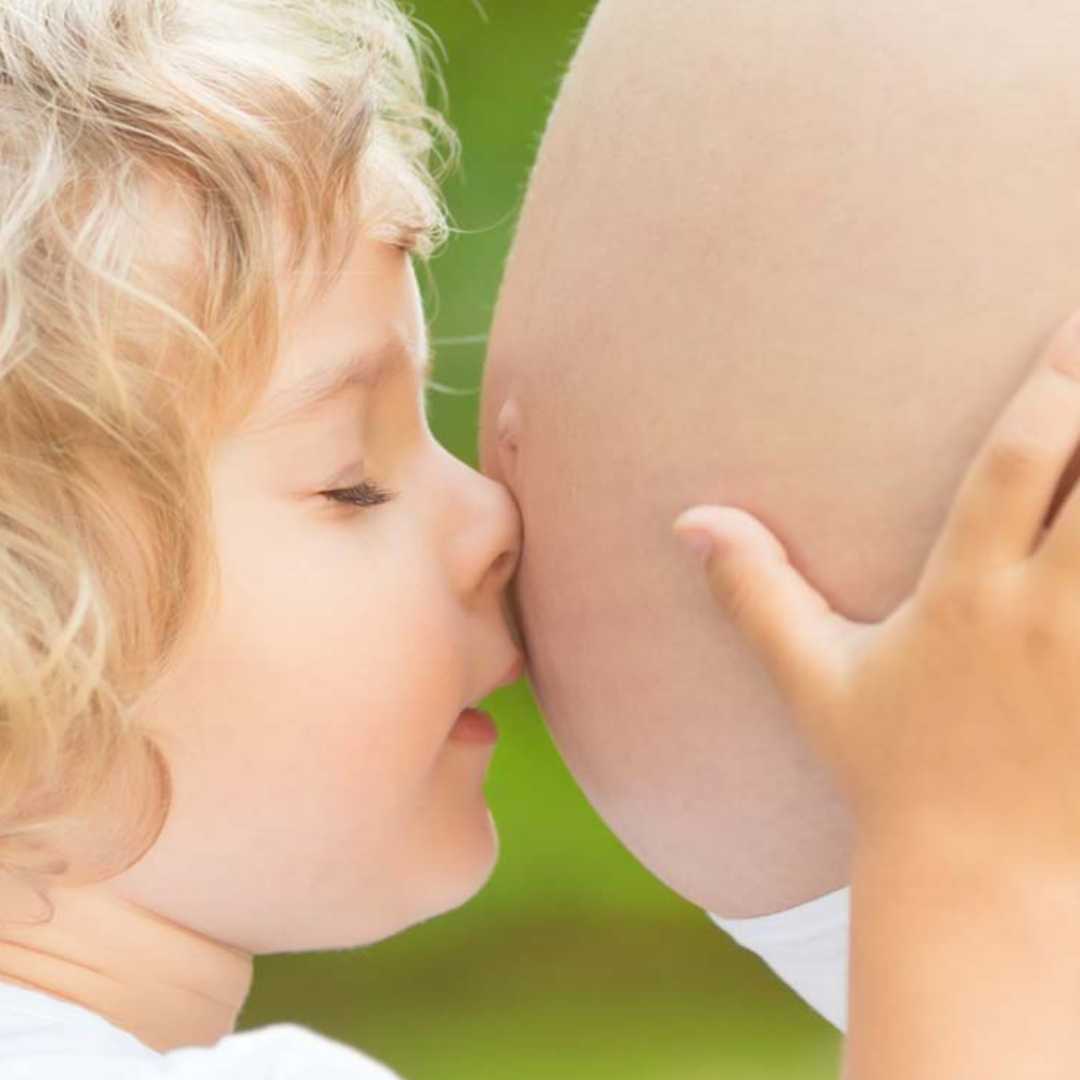

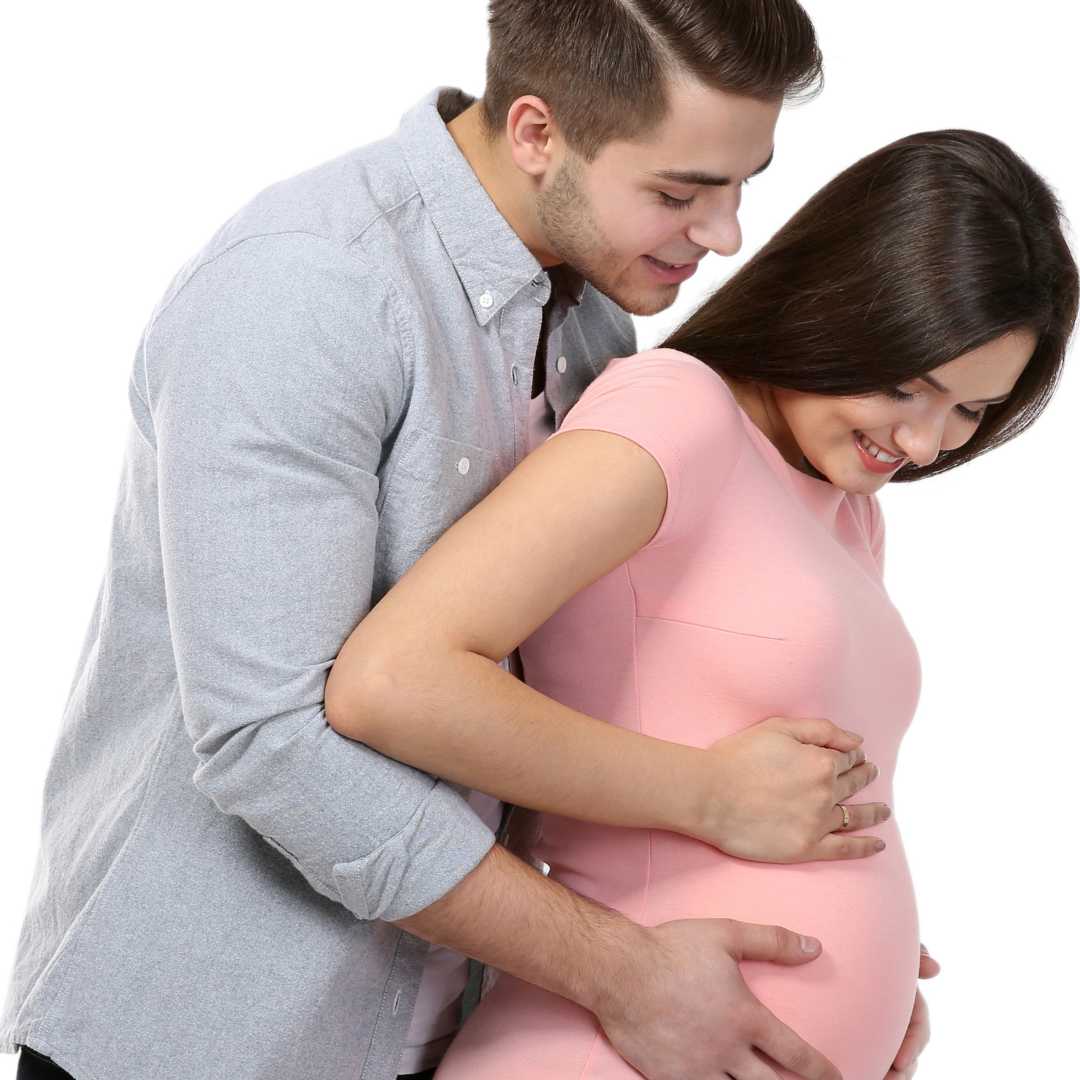
-Treatments-Why-More-Couples-Are-Going-Abroad-Thumbnail.png)
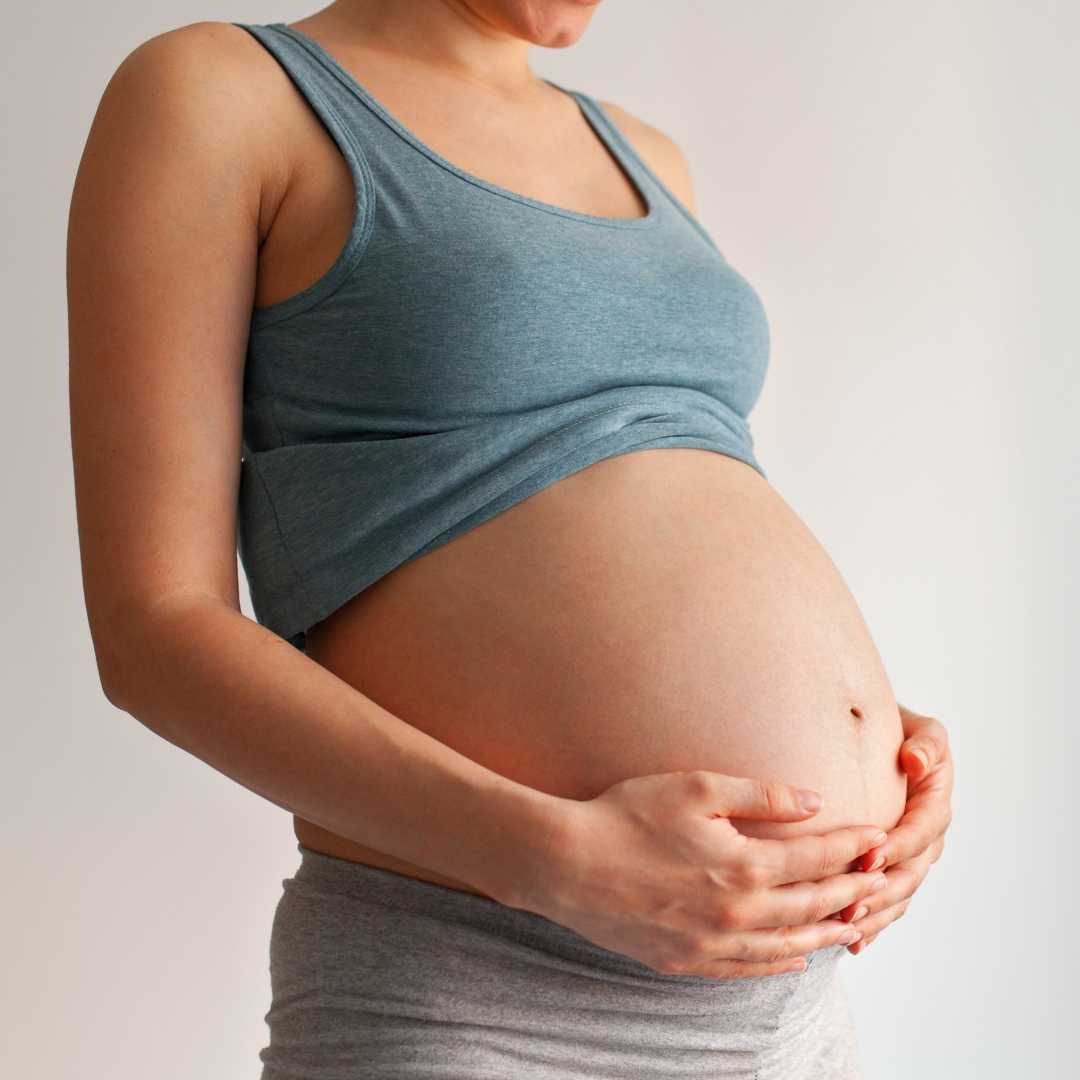

.png)
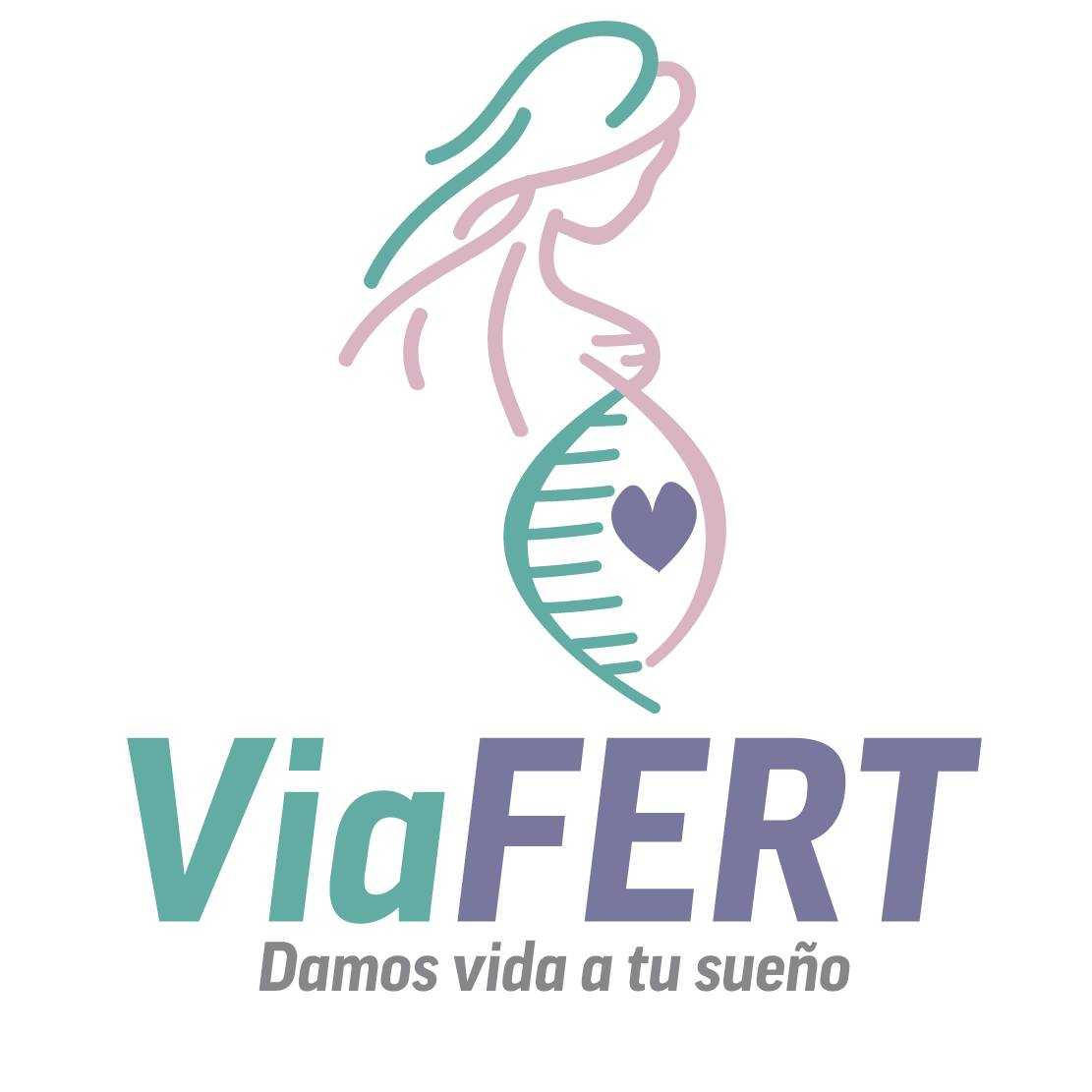
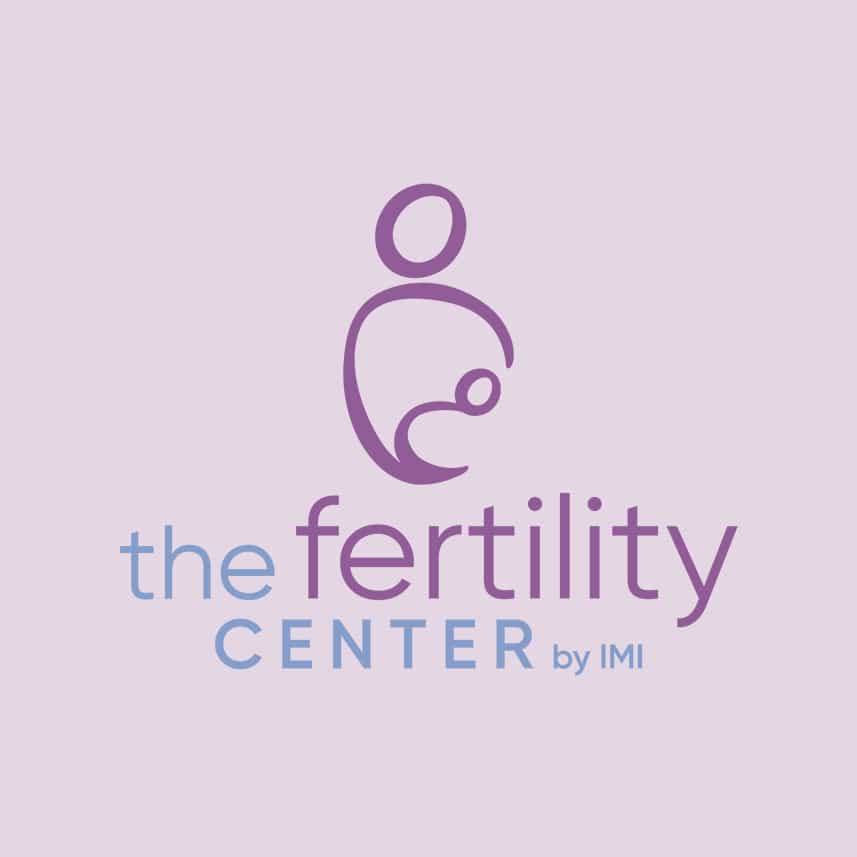
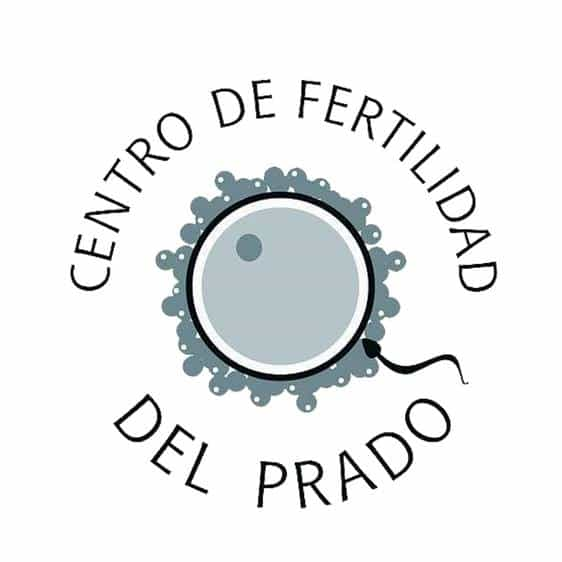
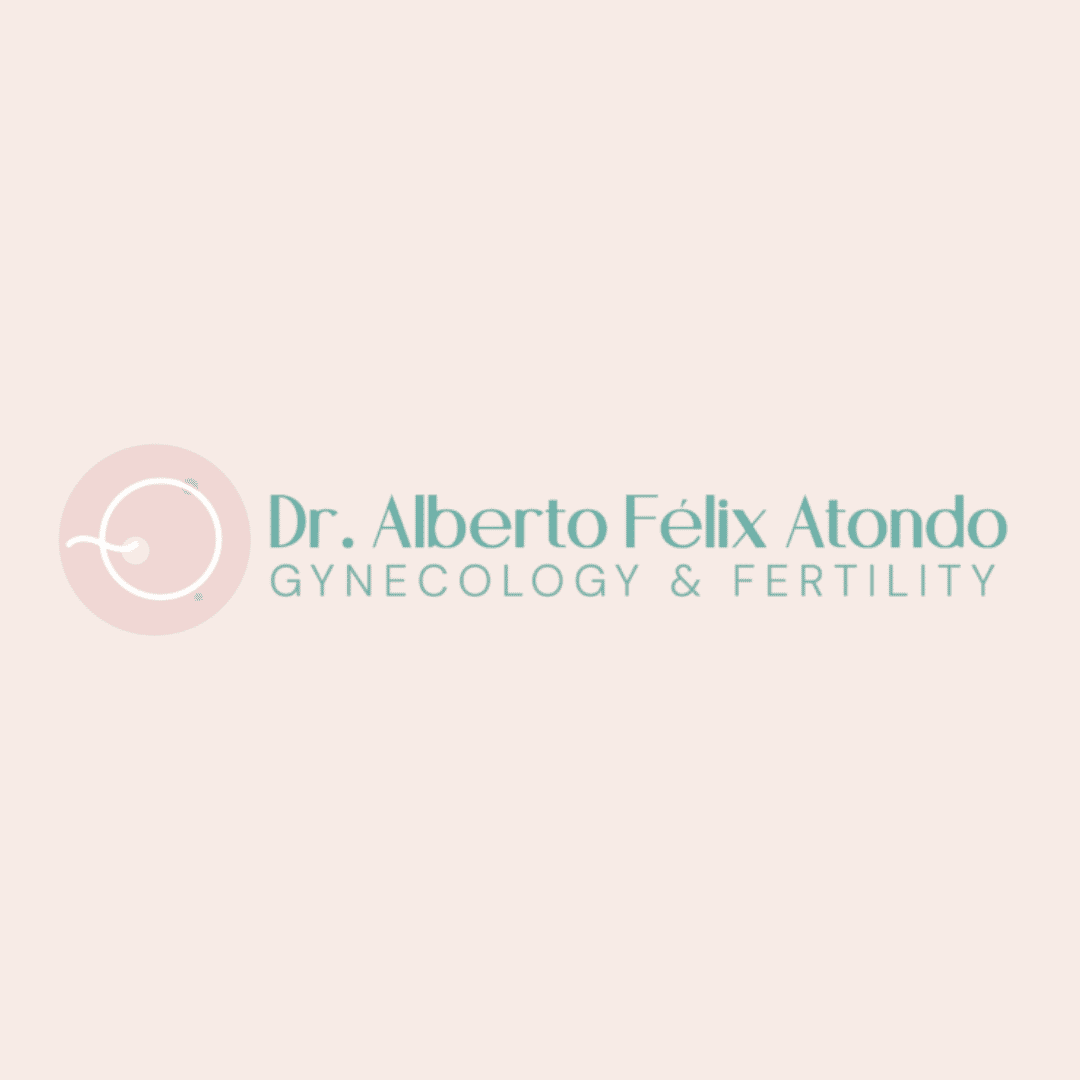
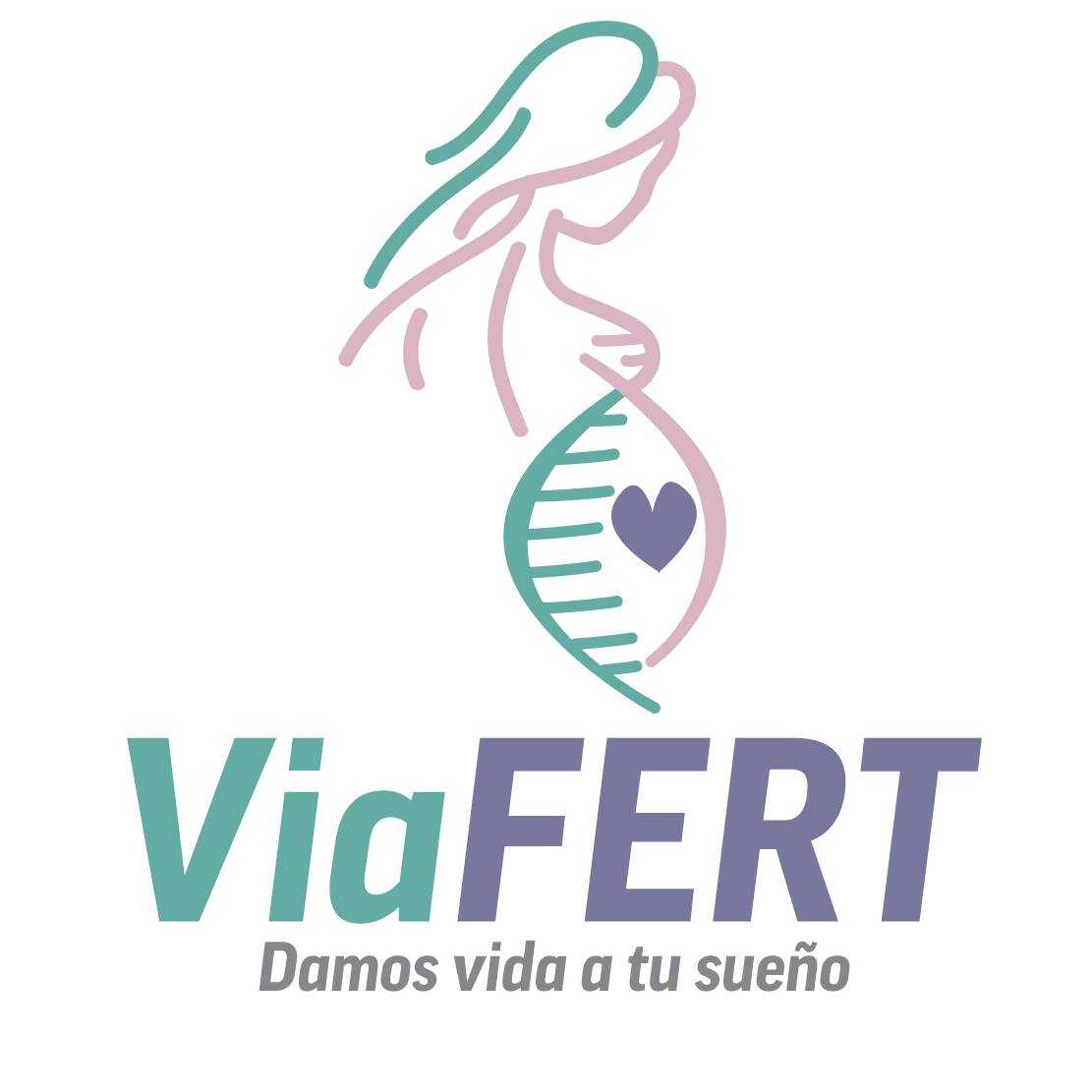

Share this listing